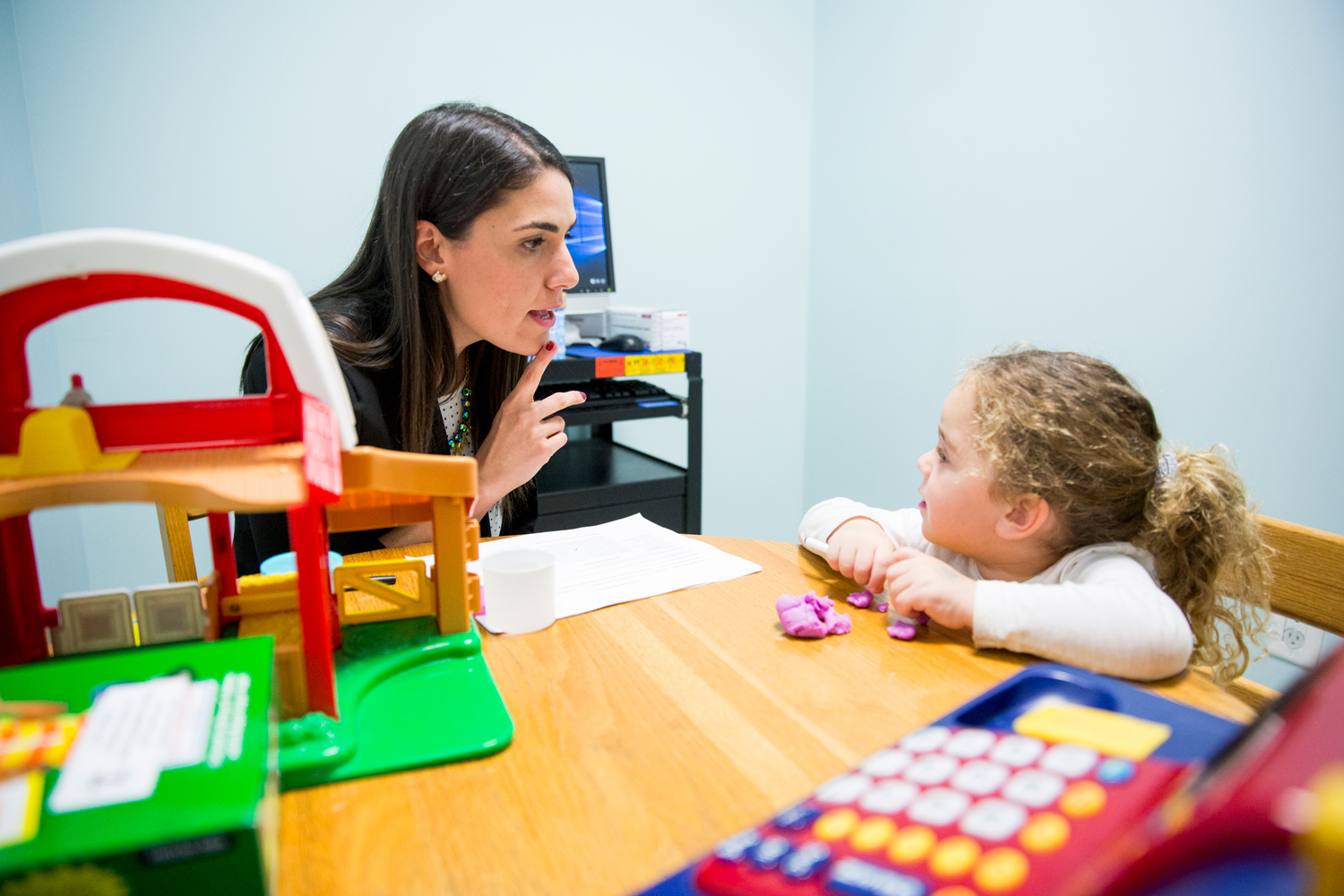

Did you, a sibling, or a friend ever have a lisp when you were learning to talk? If so, you’ve probably heard of a speech-language pathologist.
Speech impediments, however, are just one of the many challenges a speech-language pathologist can help people solve. If you’re interested in pursuing a career that can quite literally change the way people interact with the world, keep reading. Here's a quick guide to speech-language pathology as a career choice.
Just as the name implies, speech-language pathology is the science of speech and language disorders. Speech-language pathologists (SLPs) work to prevent, assess, diagnose, and treat many issues to enable people to perform basic tasks and live more fulfilling lives.
Speech disorders typically include some kind of physical challenge—such as an incorrect movement of the tongue or difficulty swallowing—that must be overcome to communicate clearly and function normally. Stuttering is an example of a speech disorder.
Language disorders often involve cognitive issues that prevent a person from understanding when others speak or communicating their own thoughts through speech.
Speech-language pathologists can also act as coaches for people who wish to improve the way they communicate in professional settings.
Speech-language pathologists are found in a wide variety of settings depending on the kind of people they want to work with and the environment where they want to work. A few examples:
The first step is to complete a master’s degree in speech-language pathology from an accredited program, like Touro SHS's speech-language pathology program. Then, you must pass the Praxis exam. From there, the path can vary. Different states have different licensing requirements, and many require a clinical fellowship. You can also choose to achieve certification through the American Speech-Language-Hearing Association (ASHA), which has a specific list of additional requirements.
According to U.S. News & World Report, the median salary of a speech-language pathologist in 2018 was a bit more than $77,500. In addition to a good salary, speech-language pathologists enjoy a strong job market; the U.S. Bureau of Labor Statistics projects the employment of speech-language to grow by more than 25 percent through 2028.
Many speech-language pathologists find the work they do—like helping children to speak clearly and confidently or older patients regain the ability to speak after an injury—to be extremely personally rewarding.
The field has several tangible benefits, too, such as flexible work environments, good pay, and a steadily growing market of professional opportunities.
In fact, Touro's speech-language pathology graduates are highly sought-after in that market, as nearly 100 percent of our graduates find employment shortly after graduation.
If you haven't already, request more information on Touro's own SLP program. (Click the big button below!)
Then get to know the world of speech-pathology a bit more by checking out some of these Touro SHS stories.
Monsey Resident and Speech-Language Pathology Graduate Receives Touro Healthcare Award
Touro Presents at 30th World Congress of Logopedics and Phoniatrics